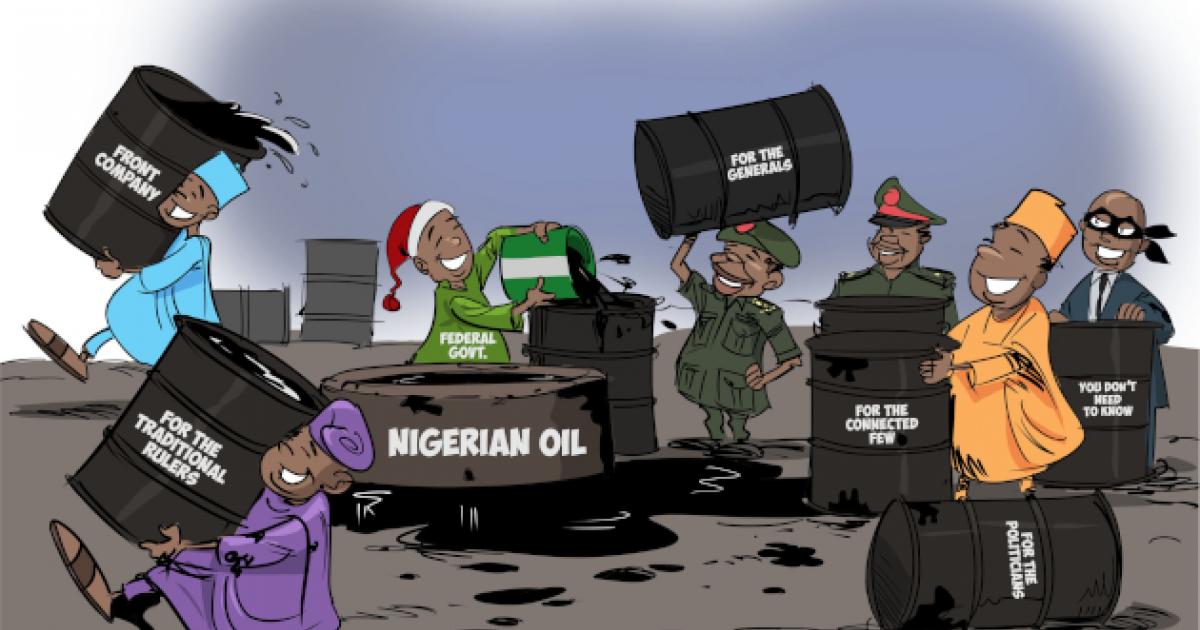Isabela Padilha
AP Comparative Government 🗳️
90 resourcesSee Units
Natural resources are an important element of any country. The type of resources, the abundance of it, the economic activities related to it are just some factors that influence a nation's economic growth and political stability. Natural resources include oil, forests, bodies of water, gas and minerals, for example. 🏝
The process of globalization 🌎 has made the access to natural resources easier and more effective, but that brings a challenge to governments to re-affirm their ownership over it. In this topic we will read about the different approaches governments have to the impact of natural resources on their economic and political management.
Before we discuss these impacts on the course countries, it is important to understand the concept of a rentier state.
Rentier States are countries that derive a significant part of their revenue from the rent or sale of natural resources. They are characterized by the reliance of a single commodity as its main source of revenue.
Among our course countries Iran, Nigeria and Russia are considered rentier states. Rentier states are also known to be able to derive large amounts of revenue from this single commodity, often times through a system that involves corruption, as politicians also want to gain from this lucrative business. The countries mentioned above were also able to fund governmental programs and increase the quality of life of its citizens due to their large oil reserves. 🛢
What is the "resource curse"?
Also referred to as the "paradox of plenty," it consists of countries that have a large abundance of natural resources, but still have a developing economy and less democracy. This is often associated with the way in which the natural resources are managed, allowing for political elites to dominate. These countries are also deterred from investing in education, health, and other areas outside of that specific industry. Here are some other impacts of the "resource curse':
- Lack of economic diversification
- Focus on one type of export industry while excluding other industries
- Severe revenue fluctuations based on the world market (i.e: commodity booms vs. fall of commodity prices)
- Overvaluation of currency and trade imbalances (exports more than imports, or vice-versa)
- Increasing inequality
- Lack of incentive to modernize the economy and cooperate with international judicial bodies
- Increased corruption
- Lack of accountability to citizens, except when the government relies on them for taxes (more revenue)
- Absence of democracy
These are impacts that you can observe all across Iran, Nigeria and Russia.
Resource nationalization in Course Countries
There are several reasons why countries try to nationalize their resources, and the main one consists of maintaining control over it in opposition to MNCs, supranational and international organizations, and other nations. This process can increase legitimacy of a government, as it brings the government and its citizens a sense of ownership.
Here are some examples of nationalization in the course countries:
- Mexico 🇲🇽 - The founding of PEMEX, a state-owned oil company in Mexico helped the government to gain control of all the different stages of oil distribution. It is the largest company of the country.
- Nigeria 🇳🇬 - The oil industry in Nigeria is very much controlled by foreign MNCs, which dictate the rules of labor and production of the industry. Nigeria's mixed economy does impose some control over its oil, but the country is overall open to the interventions of MNCs.
- Russia 🇷🇺 - There is a great wealth concentration, among the oligarchs, in Russia due to the intense nationalization of oil under Putin. The nationalization gives control of the industry to the Russian government, and it enriches the rent-seeking elite.

Russia and Mexico are examples of countries that engage in the nationalization of resources. However, there is great pressure from economic liberalization advocates to privatize these oil industries. Some governments avoid privatizing because it leads to their lack of control, higher wealth inequality and loss of sovereignty in a country.
Browse Study Guides By Unit
👑Unit 1 – Political Systems, Regimes, & Governments
⚖️Unit 2 – Political Institutions
🙋♀️Unit 3 – Political Culture & Participation
🐘Unit 4 – Party, Electoral Systems, & Citizen Organizations
🏗Unit 5 – Political & Economic Changes & Development
🤔Exam Skills
📚Study Tools

Fiveable
Resources
© 2025 Fiveable Inc. All rights reserved.